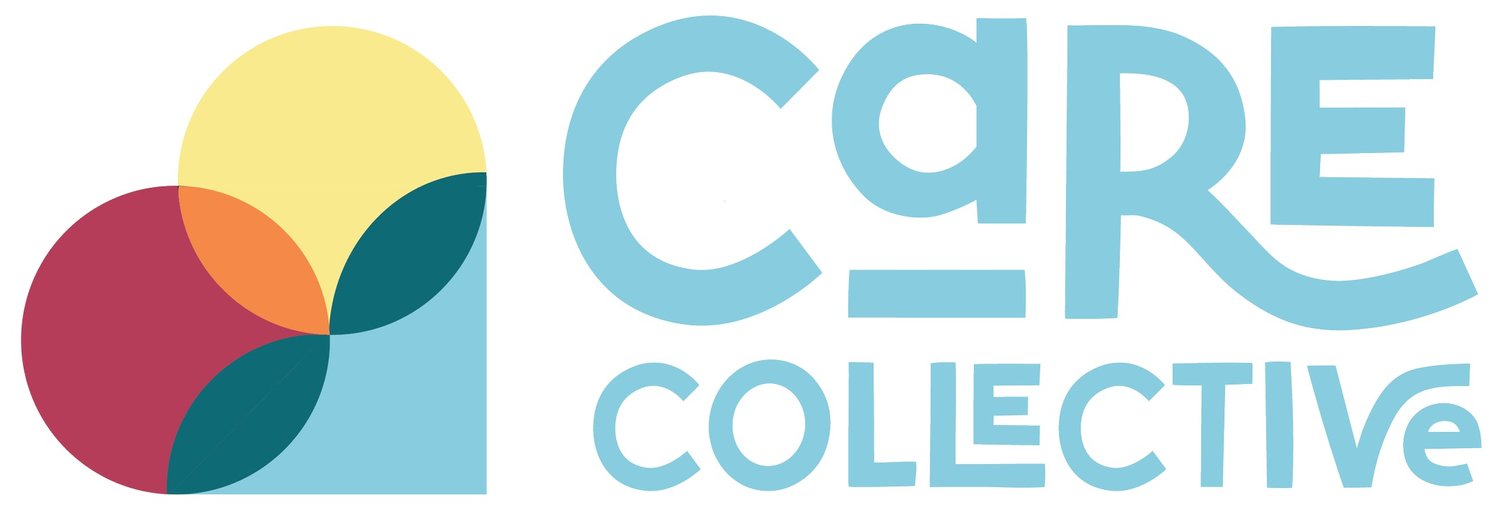Anyone Can Be a Caregiver
Any Gender Can Menstruate
Diapers and Period Products are a Basic Need
Everyone Should Have What They Need to Thrive
Although we provide basic needs products, we understand that this is not a long-term solution. We also focus on raising awareness, reducing stigma, and correcting misinformation about diaper need and period poverty, while organizing and advocating for systemic change.
Diaper Need and Period Poverty Are Economic Issues
Inflation and shortages have made diapers and period supplies more expensive than ever. The average monthly cost of diapers has risen to about $100, while period supplies now average around $20 per month. For those on tight budgets, this is a significant expense that forces them to choose between basic essentials. The situation is exacerbated by stagnant wages that don’t keep pace with the rising cost of living, disproportionately affecting people of color. We advocate for systemic change to ensure that everyone can thrive.
Diaper Need and Period Poverty Are Racial Justice Issues
Due to systemic barriers, caregivers and menstruators of color are disproportionately affected by diaper need and period poverty. Creating access to these products means removing a source of stress and expanding capacity to pursue new opportunities for joy and personal development. By centering the lived experiences of BIPOC community members, we work toward solutions that address racial disparities and advocate for a happier, healthier Michigan.
Diaper Need and Period Poverty are About Health
When people lack adequate access to essential products, they often overuse what they have. Caregivers who can change their child’s diaper frequently reduce the risk of infection and discomfort. Similarly, menstruators who aren’t forced to use products longer than recommended lower their chances of UTIs, toxic shock syndrome, and cervical cancer. Both diaper need and period poverty also impact mental health. With sufficient access to these products, individuals experience lower stress and improved emotional well-being.



